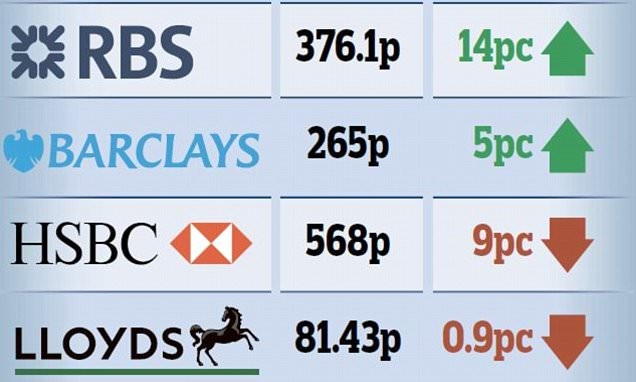Are Your Investments Safe Or Risky AZ Now Biz
Post on: 19 Июнь, 2015 No Comment

Posted September 12, 2012 by Michael Cochell
Its been only four years since our Great Recession, and the investment world has changed drastically. Many investors are thinking, planning and attempting to grow their wealth more cautiously. In many cases, its not about growth but preserving what one already has.
It wasnt long ago when general planning of life was much simpler. We live in a constantly changing world of politics, finances, technology, healthcare and social integration. These elements will continue to change, so we must understand and take control of our decision-making.
When making financial decisions it is important to know how much of a portfolio is considered risky and how much of it may be considered less risky.
There is no investment that is 100 percent safe, but there are some that can be less risky than others.
Most investments can be analyzed by considering three different factors: an investor’s potential loss of principal, loss of purchasing power, and illiquidity.
An investor’s risk tolerance will vary from person to person. When factoring the amount of risks within investments, it is critical to understand the investment and the risk for potential loss. We also need to be aware that our dollars today will most likely be worth less in the future; therefore, our purchasing power is at risk. Some investments that have surrender costs or are tied to investment strategies, such as real estate, can restrict the liquidity needs of investors. This is another form of risk that investors must be aware of, specifically when considering long-term investments. Generally, the greater an investments possible reward over time, the greater its level of price, volatility or risk.
Remember, the important factor is to have clear goals so that investment strategies will fit within the risk youre willing to take. These goals should involve not only the growth potential, but also the amount of safety within the investment. Investing a portion in more risky investments allows for growth, and having a portion in less risky type of investments helps reduce risk within a portfolio. Using diversification as part of your investment strategy neither assures nor guarantees better performance and cannot protect against loss in a declining market.

Another way to consider investments in a portfolio is to identify the investments that clearly do not fit within the guidelines of your safety level. These should be excluded right away. Avoiding big mistakes is a form of safe decision-making. Some examples are: avoiding long-term surrender investments, avoiding investments you dont understand, and lumping all of your investments in one type of strategy or institution.
We consider risk in our lives in many ways and it is important to consider risk in our financial decision-making. We must look at the big picture and refrain from only considering the potential return because those results can quickly change. Identifying specific goals can make it much easier for investors to choose appropriate investments for their needs. Goals help us keep investments on target, avoid making big investment mistakes, and refrain from investments that are not appropriate for our needs.
For more information about risky investments, visit jacobgold.com .
Securities and investment advisory services offered through ING Financial Partners, Inc. Member SIPC. Jacob Gold & Associates, Inc. is not a subsidiary of nor controlled by ING Financial Partners, Inc. This information was prepared by Michael Cochell of Jacob Gold & Associates, Inc. and is for educational information only. The opinions/views expressed within are that of Michael Cochell of Jacob Gold & Associates Inc. and do not necessarily reflect those of ING Financial Partners or its representatives. In addition, they are not intended to provide specific advice or recommendations for any individual. Neither ING Financial Partners nor its representatives provide tax or legal advice. You should consult with your financial professional, attorney, accountant or tax advisor regarding your individual situation prior to making any investment decisions.














